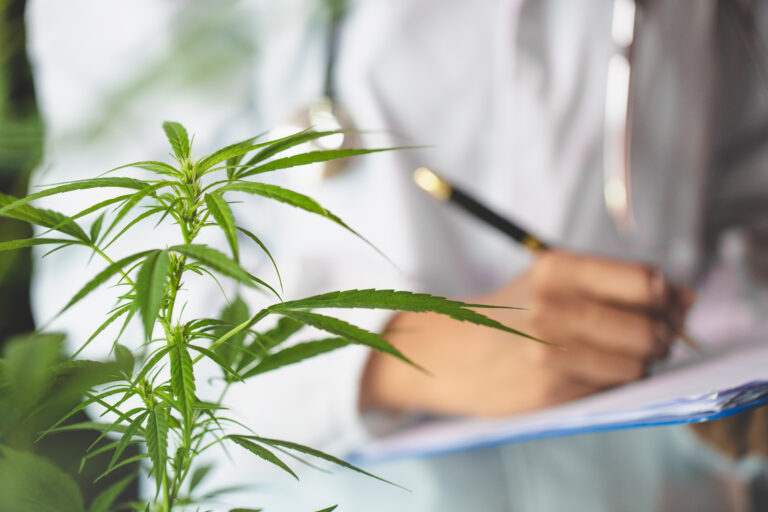There has been a significant amount of discussion and concern about the safety of cannabis products from a potency aspect, but little is heard about the purity of the products from a contamination viewpoint. According to a recent global Leafreport study, this represents a significant oversight, as only 7% of the 4,384 products it tested from 188 brands were tested for pesticides, heavy metals and microbes; and 20% of the brands conducted no purity testing at all.
Then, add to this, the fact that potency testing is also less than ideal:
- Less than half of the brands (42%) test at least 90% of their products for potency and share their third-party lab results with consumers.
- Only 12% had all their products fall within acceptable potency variance limits.
- 44% of products advertised as broad or full-spectrum CBD are mislabeled.
- There is an average deviation of 25% of labeled CBD content to actual.
In the U.S., there is wide variation in testing requirements among the states that have legalized medical, recreational or both uses. For example, while Alabama has legalized medical uses, as of December 2021, the state had no microbial testing requirements. In Minnesota, a law was passed in early July legalizing the inclusion of hemp-derived delta 8 and delta 9 TCH in edibles. The caveat, however, is that the legislation allows THC to be included only in edibles and only with THC derived from hemp. In some ways, this creates even higher risk product because some producers may attempt to extract THC from hemp that can only contain 0.3% THC by dry weight to begin with (vs. “cannabis” which can have much higher levels of THC). Essentially, this enables a food to be produced with no inspection or oversight if it contains CBD or THC. Currently enforcement is through the Board of Pharmacy, with no real regulatory enforcement structure in place.
There also are states with more rigid requirements, such as California, which is working to standardize cannabis testing across the state. A 2021 regulation requires the Department of Cannabis Control (DCC) to establish standards by January 1, 2023. Such standardization is important as lab results have been shown to be inconsistent in many states, enabling unethical producers to “lab shop” – taking products to multiple labs until they get a more favorable result.
With such a diversity of testing, regulation, and clarity – and regrettable lack of each – among the states and at the federal level, it seems that the only thing that may move the needle in this space is consumer demand for “safe” products to counter the lack of any real regulatory oversight. This is especially regrettable as many consumers seeking these products are doing so for health or medical reasons and purchase these products under the assumption that because they’re legal, they’re safe to consume. All too often though, advocacy doesn’t occur or gain significant notice until the worst happens; until an outbreak causes massive illness or even death.





